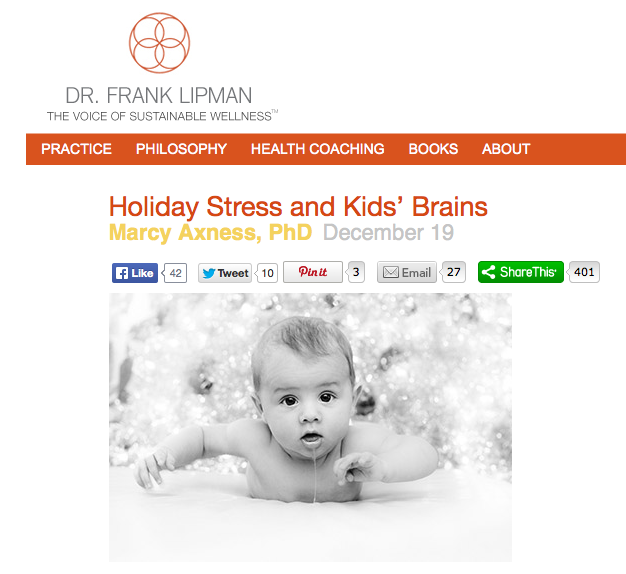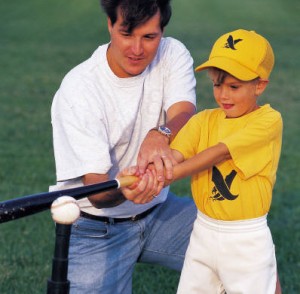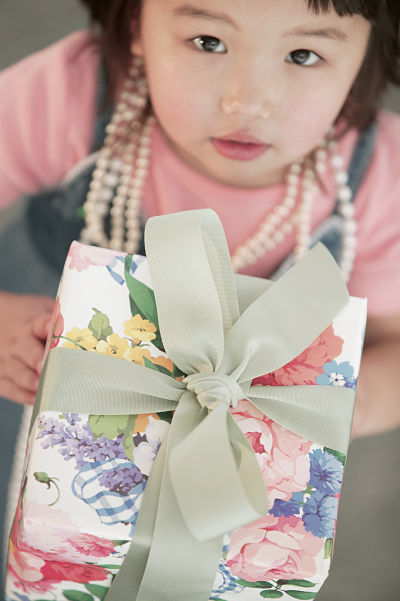 If you aren’t plagued by at least the passing contemplation that you’re not up to the task of parenting a teen, then you’re not paying attention. Life turns high-octane indeed. The contact highs and lows of staying connected to your adolescent child can be intense, and it’s the lows that get the most press.
If you aren’t plagued by at least the passing contemplation that you’re not up to the task of parenting a teen, then you’re not paying attention. Life turns high-octane indeed. The contact highs and lows of staying connected to your adolescent child can be intense, and it’s the lows that get the most press.
Carol Burnett has said about her late daughter Carrie during her teen addiction struggles, “I had to love her enough to let her hate me.” The concept of “love” can be a bit abstract, so today I’m featuring an “offboard guest post” about 10 tangible ways to love a teen that much. And though it is written as if directed just to mothers of daughters, all apply to sons as well — with the possible exception of #3. You may need a slightly more creative way to meet your son’s dates. How about insisting he invite them to #4?!
And one thing to keep in mind — it comes right out of Parenting for Peace: even though your teen seems utterly disinterested in you, he or she will subject you to the most unsparing scrutiny! Your child who no longer looks up to you, literally — but rather, eye to eye with you — so recently saw you as perfection personified but is now trained on you like a heat-seeking scope, watching for you to contradict your ideals, your word, your integrity, and hoping more than anything that you don’t. One of the supreme tests in parenting adolescents lies in their need for the adults around them to be steady, strong and sure in who they are, what they stand for, and whether their actions line up with their words. A tall order indeed. (If yours are still little, start preparing now!)
Now, without further ado…
Author Meghan Welker specializes in articles related to kids, parenting, etc., and is currently the content editor for babysitting.net.

 If you aren’t plagued by at least the passing contemplation that you’re not up to the task of parenting a teen, then you’re not paying attention. Life turns high-octane indeed. The contact highs and lows of staying connected to your adolescent child can be intense, and it’s the lows that get the most press.
If you aren’t plagued by at least the passing contemplation that you’re not up to the task of parenting a teen, then you’re not paying attention. Life turns high-octane indeed. The contact highs and lows of staying connected to your adolescent child can be intense, and it’s the lows that get the most press. I include many guidelines about what to say and what not to say to your children in my book Parenting for Peace, but have never gathered them into one user-friendly post. And yet many parents find this level of specificity (“Say this, do not say this”) to be the most helpful of all. It is often the “way in” to a deeper understanding of the nuances and philosophy underlying the seven Parenting for Peace principles. (Yikes — I just realized that in a year of blogging since my book came out, I’ve yet to write a post just about the seven principles. Hard to believe! That will be coming soon…)
I include many guidelines about what to say and what not to say to your children in my book Parenting for Peace, but have never gathered them into one user-friendly post. And yet many parents find this level of specificity (“Say this, do not say this”) to be the most helpful of all. It is often the “way in” to a deeper understanding of the nuances and philosophy underlying the seven Parenting for Peace principles. (Yikes — I just realized that in a year of blogging since my book came out, I’ve yet to write a post just about the seven principles. Hard to believe! That will be coming soon…) Along with breakfast in bed and maybe some flowers or candy…if you have a young child, you’ll invariably be presented with a handmade present — of course, the best kind. And you won’t care if the colors clash, if the popsicle sticks aren’t straight, if the pasta is coming unglued; your heart will expand, almost painfully, with a gush of love and tenderness unique to the moment. These truly are the most precious gifts! And this is one instance where it is impossible (and unnatural!) not to praise your child. But what about every other day…? When you praise your child, do you really build self-esteem, as many people assume? Or do you unwittingly erode intrinsic motivation, pleasure and self-satisfaction?
Along with breakfast in bed and maybe some flowers or candy…if you have a young child, you’ll invariably be presented with a handmade present — of course, the best kind. And you won’t care if the colors clash, if the popsicle sticks aren’t straight, if the pasta is coming unglued; your heart will expand, almost painfully, with a gush of love and tenderness unique to the moment. These truly are the most precious gifts! And this is one instance where it is impossible (and unnatural!) not to praise your child. But what about every other day…? When you praise your child, do you really build self-esteem, as many people assume? Or do you unwittingly erode intrinsic motivation, pleasure and self-satisfaction?
 As I watched the solar transit of Venus this week, it was a vivid reminder of one of the most important Parenting for Peace qualities: wonder.
As I watched the solar transit of Venus this week, it was a vivid reminder of one of the most important Parenting for Peace qualities: wonder.

